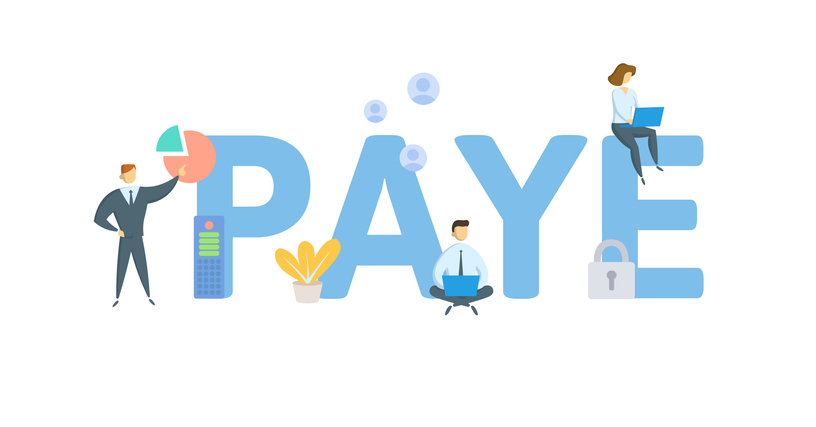Ready or not…
Is your business prepared for the IR35 (off-payroll) changes?
Having been postponed for a year as a result of Covid-19, the IR35 (or off-payroll) changes are now due to come into effect on 6 April 2021.
Background
The IR35 regime is applicable in circumstances where individuals provide their services to an ‘end-user’ client via an intermediary (usually a personal service company, or “PSC”).
Under the current rules, there is an obligation on the intermediary to determine whether these individuals (often referred to as off-payroll workers) would be deemed to be employees in the absence of the intermediary (i.e. if they contracted directly with the client).
If the intermediary concludes that an individual would be an employee of the client in such a situation, the intermediary must operate payroll, make deductions for income tax and employee’s national insurance contributions (NICs) and pay employer’s NICs on the fees received for the services.
The rules are designed to combat tax avoidance by ensuring off-payroll workers pay the same tax and NICs as employees.
What changes on or after 6 April 2021?
Whereas currently, the obligation is on intermediaries to determine the employment status of individuals on a contract by contract basis, from 6 April 2021 this responsibility will shift to the end user client where it is a medium or large organisation.
An organisation will be considered medium or large if it satisfies two or more of the following:
- its annual turnover is more than £10.2m
- its balance sheet is more than £5.1m
- it has more than 50 employees
The current rules in place prior to 6 April 2021 will continue to apply after this date where the client is a small organisation, which does not meet the above criteria.
Employer checklist
Employers should ensure that they are well-prepared for the upcoming changes. The following is a non-exhaustive list of steps they may wish to implement to help them prepare:
- Identify current individuals who supply their services via a PSC or other intermediary and put in place procedures to identify future individuals who work in this way.
- Communicate with individuals and intermediaries to gain information and help contractors understand how they may be affected.
- Assess whether the off-payroll arrangements will apply. Make use of HMRC’s Check Employment Status for Tax (CEST) service to make determinations, which can be done before April provided the information will remain correct.
- Once it has been determined whether the rules apply, inform the intermediary and individual using a Status Determination Statement (SDS).
- If required to operate PAYE, ensure procedures are in place so that the correct income tax and NICs are deducted.
- Set up a process for dealing with any disagreements over employment status determination.
- Maintain records.
If you would like to find out more about this topic, please sign up to our webinar by clicking here.

